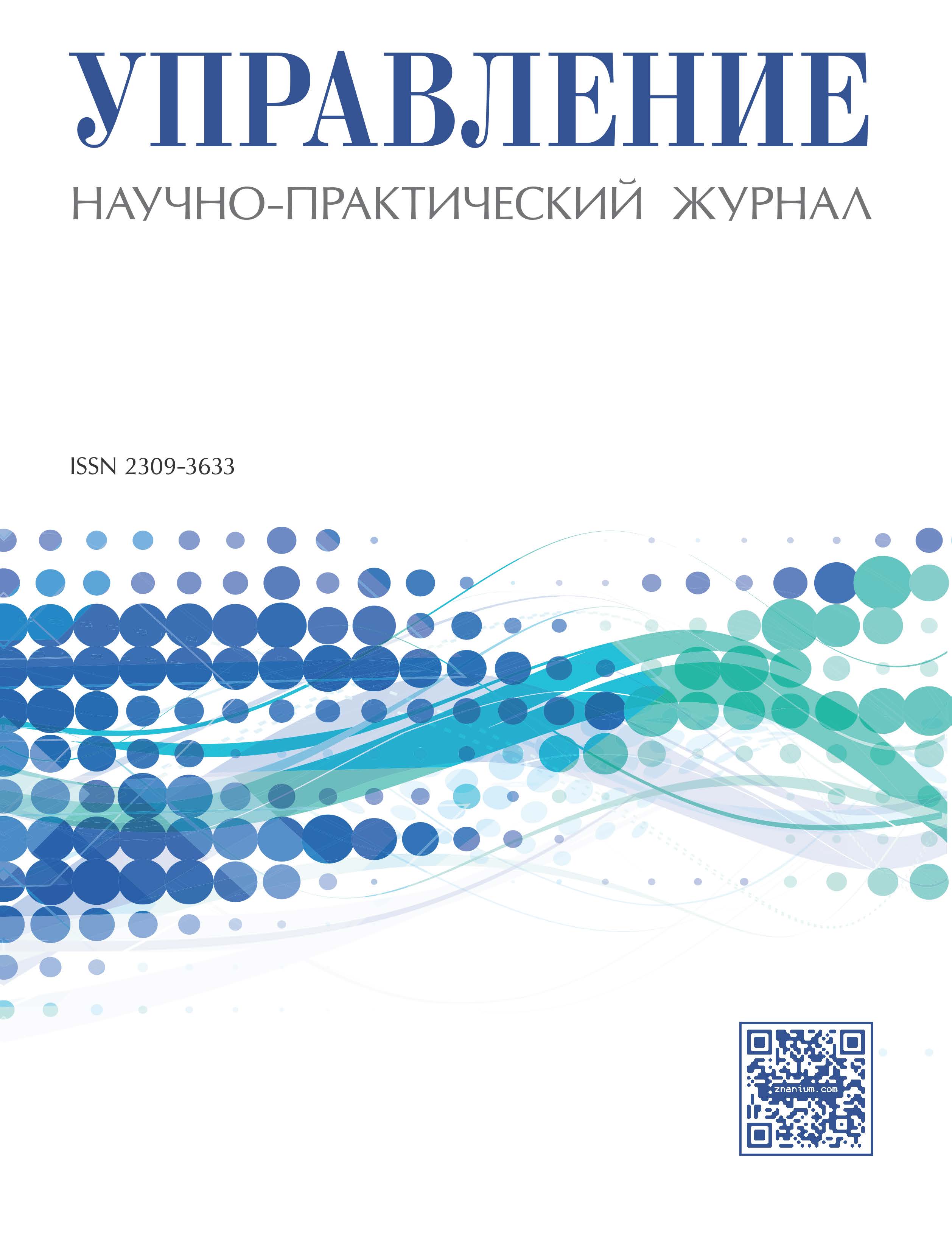This paper is based on the results of research related to a problem of professional self-determination formation and person’s professional typology construction, and devoted to how the knowledge of students’ individual-psychological and social-psychological features will allow during training in higher education institution not only adequately use natural tendencies and abilities, but also to help in formation of activity’s individual style allowing to compensate a lack of some components development by development of others ones. As a result this will allow solve effectively the same professional problems by people with various combination of operational components in person’s structure. Therefore in this case it is appropriately to focus attention on the typological approach to person’s features similarity studying under the profession influence, and, taking this approach as a basis, a more flexible studying of this problem is offered, assuming the possibility for existence of several types in the same professional community. Therefore, there is an opportunity for dynamic development of person’s qualities in the presence of strongly expressed motivation to professional activity. This direction of researches is especially topical in connection with political and social-economical transformations in society, and introduction of professional standards, demanding essential changes in training of specialists. Nowadays there is rather serious gap between employers’ requirements in the labor market, and knowledge and skills which are gained by graduates during the training. The professional standards regulating requirements to work’s quality and content and being an obligatory element for an assessment of graduate’s training quality and his readiness for the future professional activity only describe necessary parameters, without answering a question how these parameters may be created at the youth choosing the certain profession, taking into account person’s specific features. If the person’s professional choice is defined by random factors and there is no activity’s individual style formation during the training, such mistakes will be cost much in the future to both the person and the higher education institution.
vocational guidance, professional self-determination, activity’s individual style, modern education, typological approach, professional standards, developing programs.
1. Anan’ev B.G. Izbrannye psikhologicheskie trudy. V. 2 t. [Chosen psychological works. In 2 vol.]. Moscow, 1980, V. 1, 232 p.; V. 2. 288 p.
2. Basov M.Ya. Lichnost’ i professiya [Personality and profession]. 1926. 68 p.
3. Borisova E.M. Professional‘noe samoopredelenie: lichnostnyy aspekt. Dokt. Diss. [Professional self-determination: personal aspect. Doct. Diss.]. Moscow, 1995. 411 p.
4. Gurevich K.M. Differentsial‘naya psikhologiya i psikhodiagnostika. Izbrannye trudy. [Differential psychology and psychodiagnostics. Chosen works]. Saint Petersburg, Piter Publ. 2007. 336 p.
5. Klimov E.A. Obraz mira v raznotipnykh professiyakh [Form of the world in polytypic professions]. Moscow, 1995. 222 p.
6. Klimov E.A. Psikhologiya professional’nogo samoopredeleniya [Psychology of professional self-determination]. Moscow, Akademiya Publ., 2010. 304 p.
7. Knyazev V.N., Lyubimova E.A. To definition of the concept “professional self-determination”. Vestnik ONUTTs OAO GAZPROM [Herald ONUTTS GAZPROM]. 2012, I. 11, pp. 37-40. (in Russian)
8. Con I.S. Psikhologiya yunosheskogo vozrasta: problemy formirovaniya lichnosti [Psychology of youthful age: problems of formation of the personality]. Moscow, 1979. 175 p.
9. Kudryavtsev T.V., Shegurova V.Y. Psychological analysis of dynamics of professional self-determination of the personality. Voprosy psikhologii [Questions of psychology]. 1983, I. 2, pp. 51-59. (in Russian)
10. Kulikova O.A., Korolev A.P. A portfolio - the new and effective instrument of estimation in higher education institution. Vestnik ONUTTs OAO GAZPROM [Herald ONUTTS GAZPROM]. 2011, I. 1(9), pp. 32-36. (in Russian)
11. Lazursky A.F. Classification of personality. Psikhologiya individual’nykh razlichiy. Teksty [Psychology of individual distinctions. Texts]. Moscow, 1982, pp. 179-199.
12. Pryazhnikov N.S. Professional’noe samoopredelenie. Teoriya i praktika [Professional self-determination. Theory and practice]. Moscow, Akademiya Publ., 2008. 320 p.
13. Psikhologiya lichnosti [Psychology of the personality]. V. 2. Samara, 1999. 544 p.
14. Safin of V.F. Psikhologiya samoopredeleniya lichnosti [Psychology of self-determination of the personality]. Sverdlovsk, 1986. 146 p.
15. Shchadrikov V.D. Psikhologicheskie aspekty rasstanovki kadrov [Psychological aspects of placement of personnel]. Moscow, 1974. 64 p.
16. Holland J. Major programs of research on vocational behavior. Man in a word at work. Boston, 1964. P. 259-284.
17. Spranger E. Types of men: The Psychology and Ethics of Personality. Hallm (Saale): Nicmeyer. 1928. 402 p.







